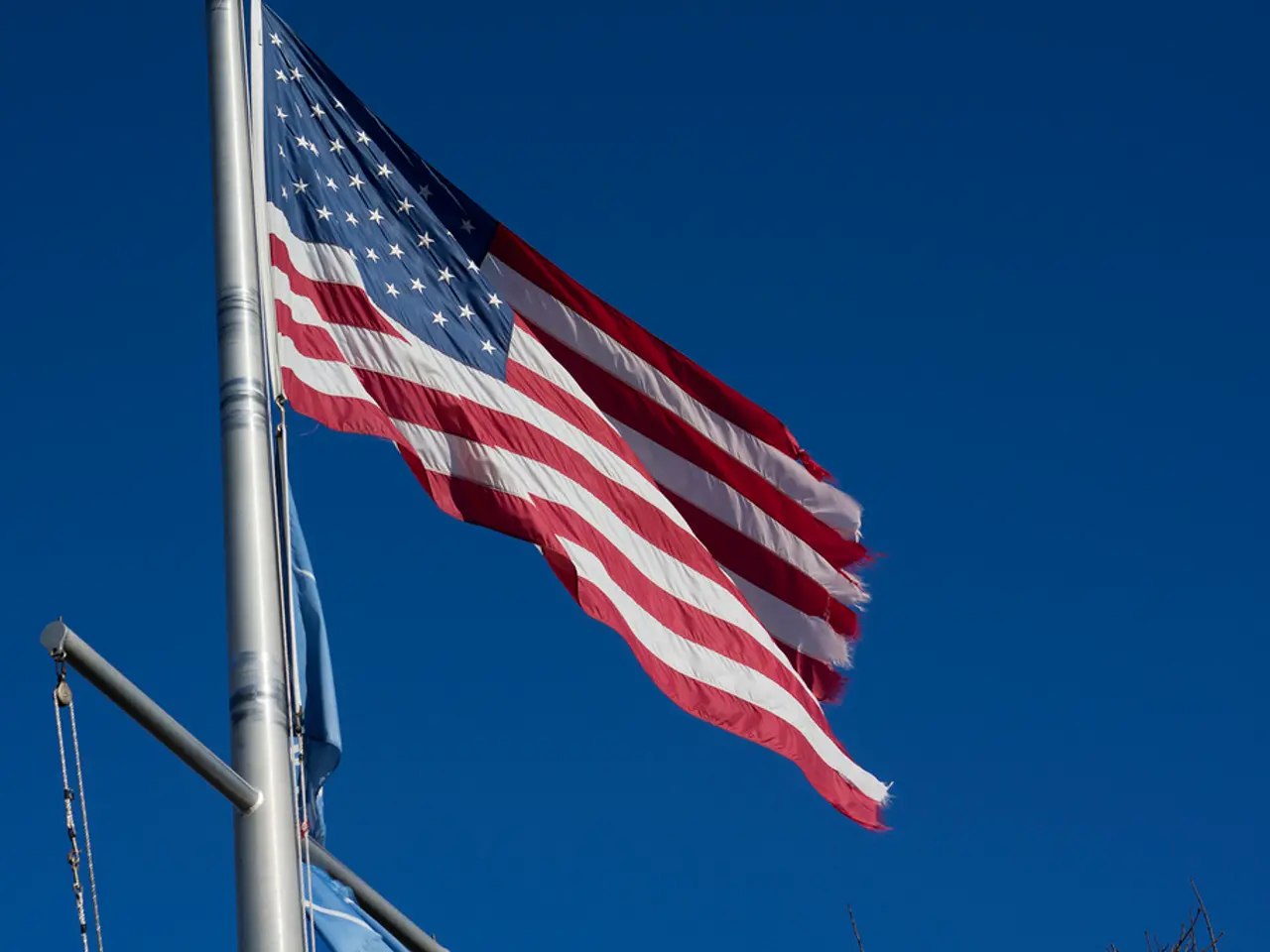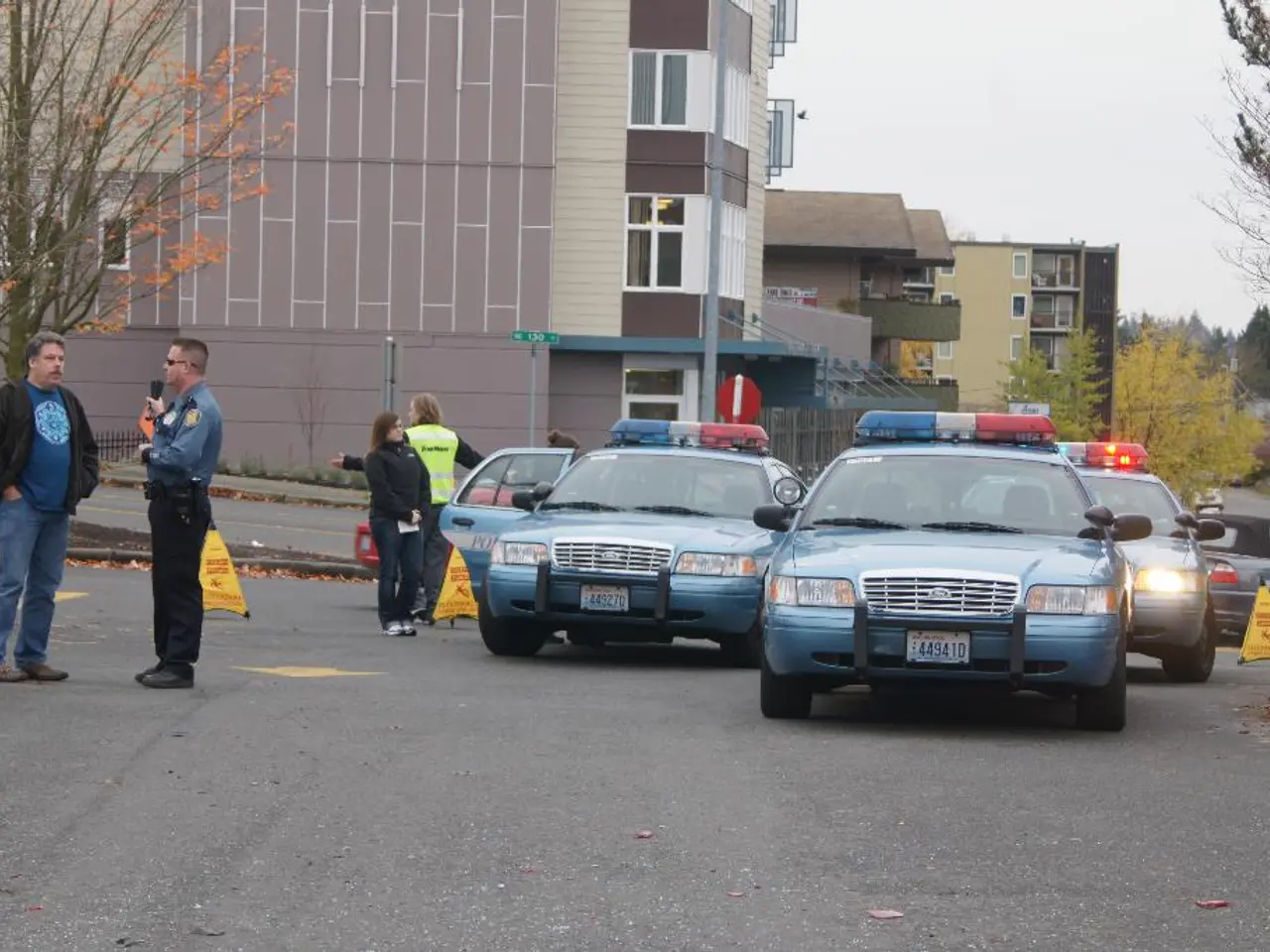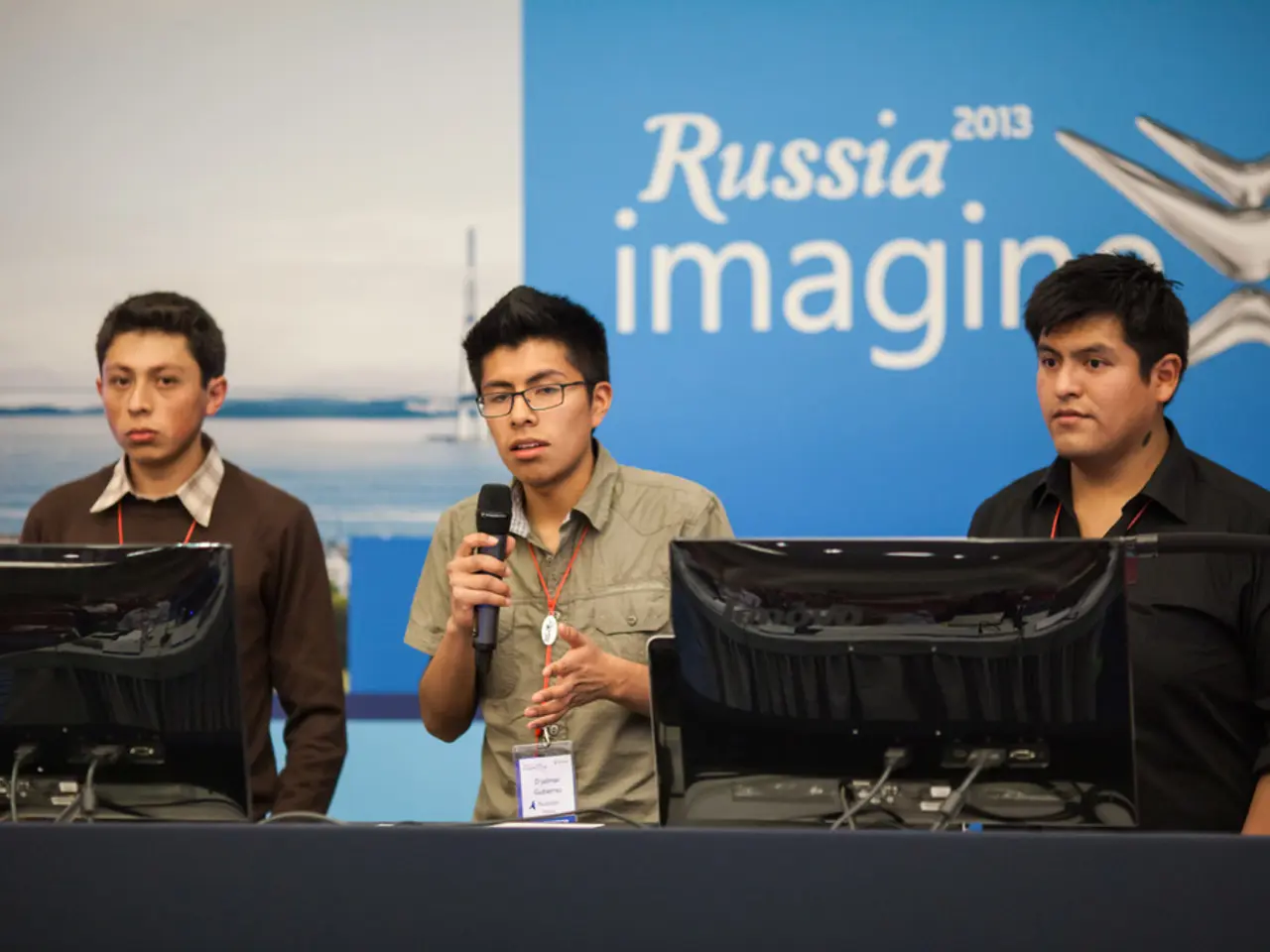Commemoration ceremony for the 20th anniversary of the 7/7 London bombings, led by King Charles III
**Twenty Years Since the 7/7 London Bombings: Reflecting on a Tragic Chapter in British History**
On July 7, 2005, the United Kingdom experienced one of its darkest days as four Islamist suicide bombers detonated explosives on three London Underground trains and a double-decker bus during the morning rush hour, resulting in the deaths of 52 civilians and injuries to more than 770 others [1][2]. The coordinated attacks, known as the 7/7 attacks, left an indelible mark on British society, altering public consciousness, security policies, and community resilience.
### Immediate Impact
The bombings caused widespread grief, trauma, and fear across London and the UK, with victims' families and survivors facing long-term emotional and physical scars [1][2]. In the chaotic aftermath, emergency responders and ordinary citizens displayed remarkable bravery, saving lives despite the unfathomable circumstances [2]. The attacks also exposed vulnerabilities in public transport safety and emergency preparedness.
### Aftermath and Policy Changes
In response to the devastating attacks, the UK government and security services underwent a dramatic shift in counter-terrorism strategies, focusing heavily on home-grown Islamist extremism linked to foreign conflicts [3]. Security measures across London’s transport network and public places were intensified to prevent similar attacks. However, these efforts sometimes deepened social divisions, sparking ongoing debates about civil liberties, surveillance, and community relations [3].
### Lasting Effects on British Society
The events of 7/7 fostered a renewed spirit of community resilience and solidarity in London, with survivors and citizens commemorating the victims annually, such as gatherings at the Hyde Park memorial and St Paul’s Cathedral [3]. There was heightened awareness and vigilance toward extremism, encompassing Islamist and evolving far-right threats [3]. Public health and trauma services expanded to support those affected physically and psychologically.
### Cultural and Social Reflection
Personal stories and documentaries, like the BBC’s “7/7: The London Bombings,” highlight the enduring emotional impact and strength of the community in the face of tragedy [1]. The attacks remain a significant reference point in discussions about terrorism, security, and multicultural coexistence in the UK.
King Charles III led commemorations on the 20th anniversary of the 7/7 attacks, expressing his heartfelt thoughts and special prayers for those affected [4]. Home Secretary Yvette Cooper, in her statement, emphasized that Islamist extremist terrorism remains the greatest threat to national security, followed by extreme right-wing terrorism [5]. Cooper also mentioned the government’s efforts to confront and counter threats to national security from hybrid threats, hostile states, serious organized crime, cyber criminals, border security threats, and a rise in violence-fixated individuals radicalized online [5].
As the 7/7 London bombings mark their 20th anniversary, it is essential to remember the victims, honour the resilience of the community, and continue to learn from this tragic chapter in British history. The events of 7/7 serve as a reminder of the importance of unity, mutual respect, and understanding in a diverse society, as called for by King Charles III [6].
- The UK government's counter-terrorism strategies have evolved significantly over the past two decades, focusing on home-grown Islamist extremism and hybrid threats, as well as extreme right-wing terrorism, following the 7/7 London bombings.
- Seattle's general news and crime-and-justice sectors might benefit from studying the aftermath of the 7/7 London bombings, as it provides valuable insights into public response, trauma services, and community resilience in the face of a terrorist attack.
- As the 20th anniversary of the 7/7 London bombings passes, reflecting on this tragic event in British history offers a reminder for all governments and communities worldwide to prioritize unity, mutual respect, and understanding amidst diverse societies, especially when confronting political, crime, and security challenges.







